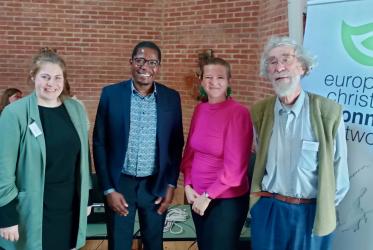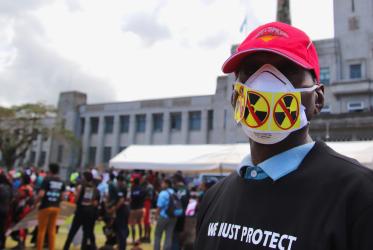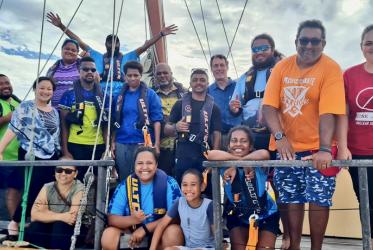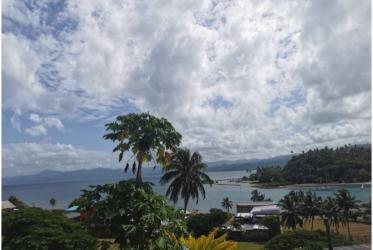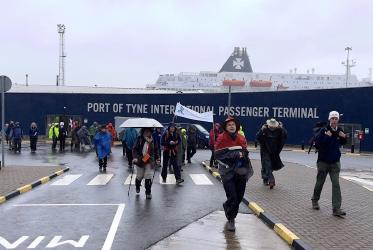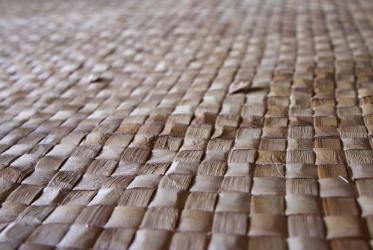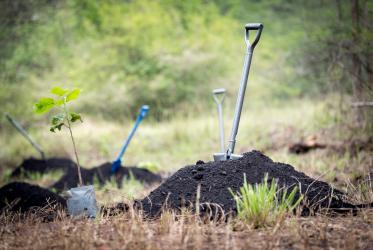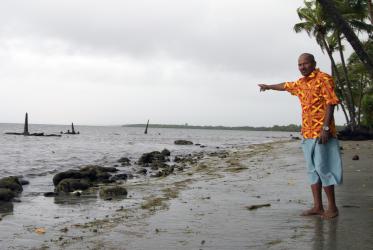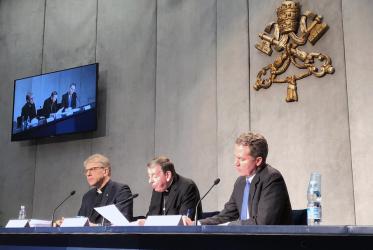Displaying 1 - 20 of 32
Pacific churches call for Japan to halt wastewater dump
29 August 2023
Pacific Theological College publishes “A COVID-19 Wellbeing Statement”
03 September 2021
Webinar brings Pacific voices for a new creation
10 February 2021
Applications open for WCC Eco-School
22 October 2020
Churches should use their voice on climate change
26 February 2020
Greenland’s grand Gospel preacher
07 February 2020
A humble servant in God’s herd
10 July 2019
“There are no spare parts for whales”
13 June 2019
WCC supports UN petition from French Polynesia
07 November 2018
WCC presents interfaith statement to COP23 high level plenary
16 November 2017
